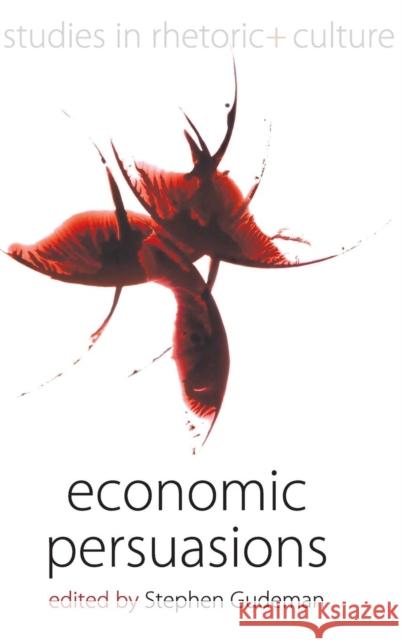Economic Persuasions » książka
Economic Persuasions
ISBN-13: 9781845454364 / Angielski / Twarda / 2009 / 238 str.
Economic Persuasions
ISBN-13: 9781845454364 / Angielski / Twarda / 2009 / 238 str.
(netto: 482,14 VAT: 5%)
Najniższa cena z 30 dni: 498,70
ok. 22 dni roboczych.
Darmowa dostawa!
As the transition from socialism to a market economy gathered speed in the early 1990s, many people proclaimed the final success of capitalism as a practice and neoliberal economics as its accompanying science. But with the uneven achievements of the "transition"-the deepening problems of "development," persistent unemployment, the widening of the wealth gap, and expressions of resistance-the discipline of economics is no longer seen as a mirror of reality or as a unified science. How should we understand economics and, more broadly, the organization and disorganization of material life? In this book, international scholars from anthropology and economics adopt a rhetorical perspective in order to make sense of material life and the theories about it. Re-examining central problems in the two fields and using ethnographic and historical examples, they explore the intersections between these disciplines, contrast their methods and epistemologies, and show how a rhetorical approach offers a new mode of analysis while drawing on established contributions.











